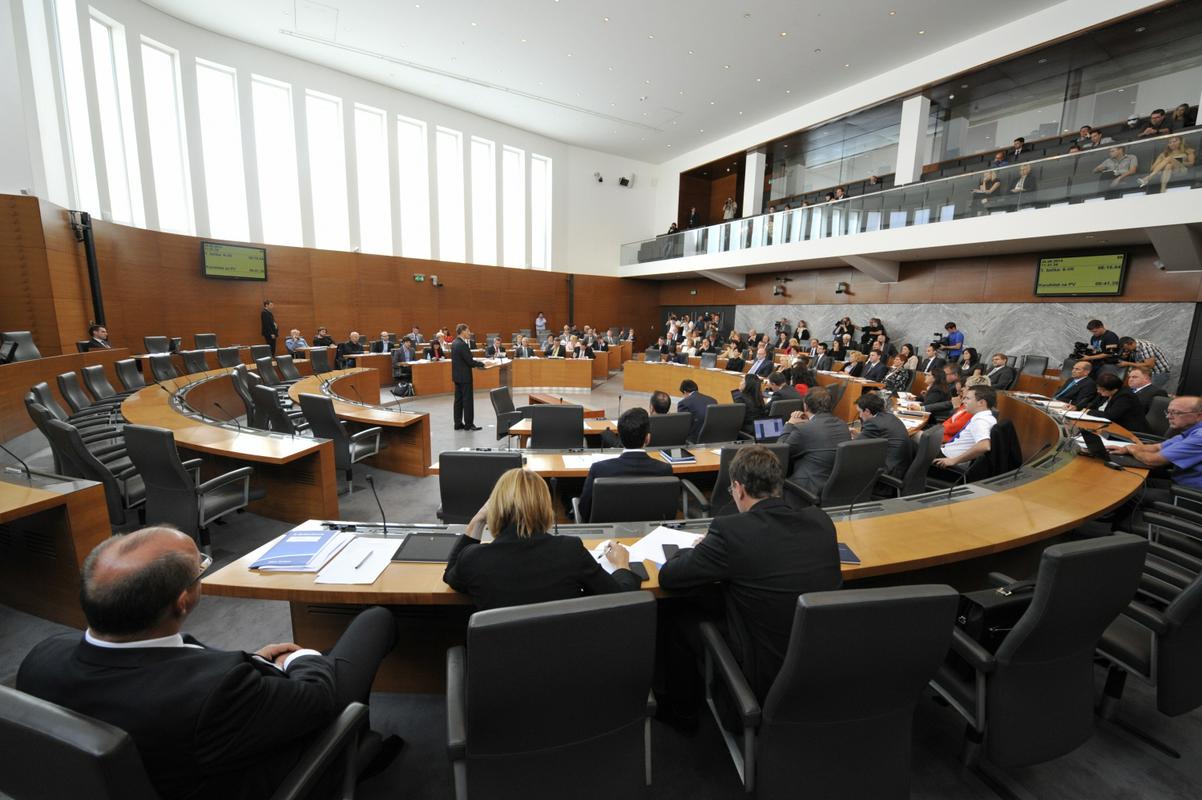
Today's situation is relatively good, said Jazbec. To a large extent, this is a direct consequence of what Slovenia decided to do at the time, argued the governor, referring to the year 2013 when thorough bank examination was undertaken, leading to re-capitalisation worth 5 billion euros.
"Those who knew in the second half of 2013 that the circumstances would improve, should raise their hands," he prompted the MPs, and suggested those who think that the Bank of Slovenia manipulated and falsified the data to cut off the shareholders and subordinated debtholders, should turn to independent foreign companies that examined bank assets and performed the stress tests that followed.
Their information is credible and can refute speculations perpetuated at home, added Jazbec. The purpose of stress tests is to check if banks can survive in the worst, most stressful situations, and the examination of assets concluded that without re-capitalisation the banks would have gone into bankruptcy, he argued.
The governor then once again explained to the MPs how this was done, and emphasized that Slovenian banks are going to repeat this "exercise" again this year and every year from now on.
Jazbec: Banks are not excessively re-capitalised
Jazbec also emphasized that the banks had not been re-capitalised excessively, since capital adequacy of Slovenian banks was still slightly under the average of EU in 2014.
The governor admitted that part of the orders for special measures in 2013 was not made available to the public immediately, stating caution as the reason for it, since the central bank feared an outflow of deposits from banks. Today all reports are publicly accessible, and the accusations claiming that the Bank of Slovenia cannot be audited are false, said Jazbec, pointing out that central banks are under the supervision of ECB. "Scruples and doubts expressed at the beginning of this session are unfounded. Today's situation is better than the one before re-capitalisation," summed up Slovenia's governor.
B. V., MMC; translated by K. Z.


































































